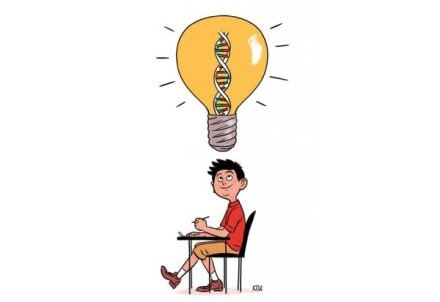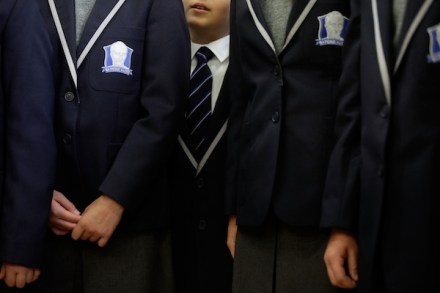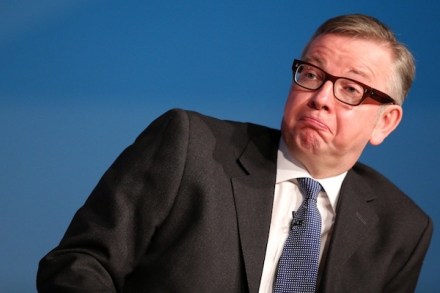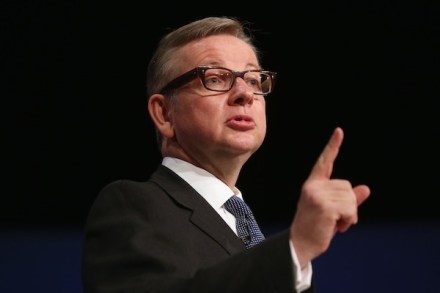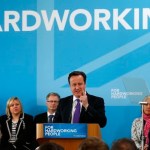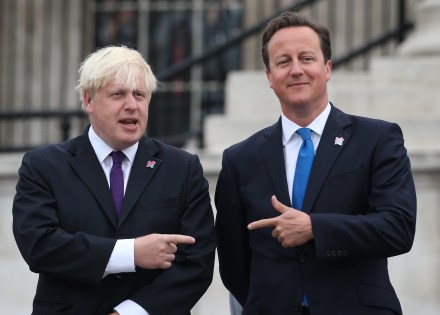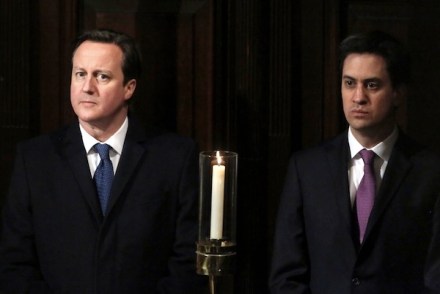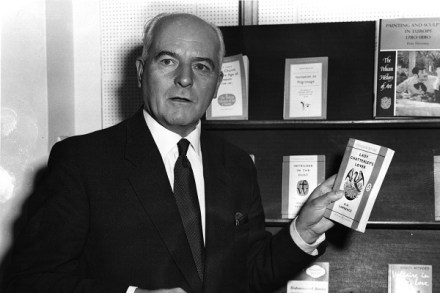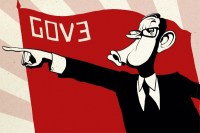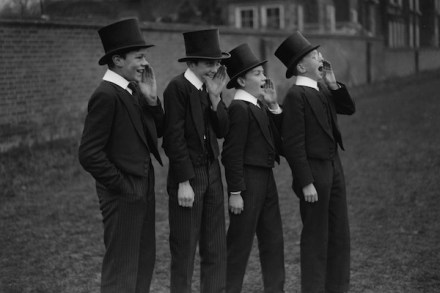Do Tiger Mothers have any effect at all?
Remember all the fuss about ‘tiger-mothering’ sparked by Amy Chua’s book: Battle-Hymn of the Tiger Mother? Mothers around the world began agonising about whether they were pushing their children hard enough. Well here’s a thought, sparked by our interview with the brilliant Professor Robert Plomin in the magazine this week. Maybe Amy’s children, the tiger cubs, would have got all those A+ results anyway, even without her cracking the whip so hard. Professor Plomin has studied over ten thousand pairs of twins and found that IQ is strikingly heritable – and that it becomes more heritable as kids grow up. Part of the reason for this, he suggests, is that
